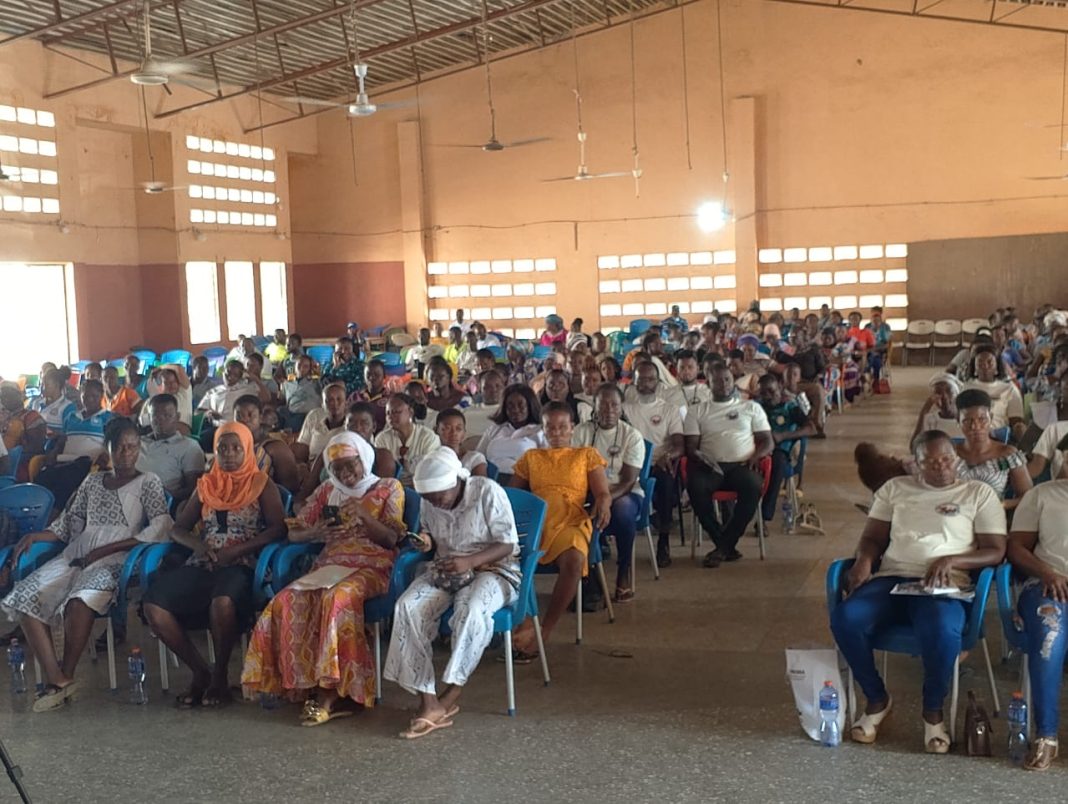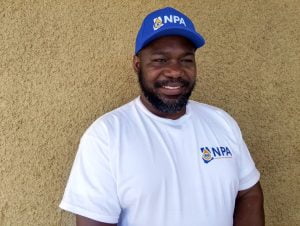The National Petroleum Authority has held a stakeholder engagement ahead of the complete rollout of the Cylinder Recirculation Model (CRM) policy in the Upper East Region.
This engagement sought to provide consumers with the relevant information regarding the new policy and demystify some concerns consumers have regarding the policy.
Addressing the press shortly after the program, the Head of Gas in Charge of Commercial Regulations, Mr. Boachie Kraine Obed, said the Cylinder Recirculation Model will make access to petroleum gas easy regardless of distance and price.
According to Mr. Kraine, people from rural areas have to travel long distances to buy Liquefied Petroleum Gas (LPG).
He said, “The three main barriers to the use of LPG are the initial investment, considering that people have to buy a cylinder before they can use LPG, the distances people have to travel before they can access the product, and the price. By bringing CRM, we tackle two of the problems at a go. The ability to have access to a cylinder. Under CRM, the bottling plant will buy the cylinder, unlike formerly. The consumers will just register and get a cylinder without having to buy a cylinder before they can use gas. Secondly, the distance people travel to buy LPG. The reason is that the refilling stations are located in the city, not in the rural areas. However, with the Cylinder Recirculation Model, you don’t need a refilling station; all you need is a cage that allows you to put a few cylinders there. So in the villages, the cylinders cage can be placed there, and the dealer or the distributor can go and pick up the empty ones and replace the filled ones.”
Regarding the issue of price, he said all sizes of cylinders, including the 3kg cylinder where consumers can buy the quantity they can afford, will be available.
He said, “The reason why you take a 14kg cylinder and refill half is that the 14kg cylinder is the only one you have. Under the CRM, we have different sizes of cylinders. The most common cylinders we have in the market are the 6kg and the 14.5 or 15kg cylinders, but we are going to introduce the 3kg cylinder, which is a bit smaller and a bit cheaper.”
The safety department of the Ghana Fire Service sensitized participants on various methods of extinguishing domestic fires.
The program had in attendance personnel from the National Petroleum Authority, Ghana Fire Service, Ghana Police Service, Environmental Protection Agency, staff of the Bolgatanga Municipal Assembly, Assemblymen, market women, household gas consumers, the media, and other stakeholders.
Source: A1Radioonline.com|101.1Mhz|Samuel Adagom|Bolgatanga|Ghana



